The idea that video game are promoting violent behavior has been floating around for decades. When violence happens in society, many are quick to point the finger at aspects of our society that glorify violence, such as video games, among others like TV, movies, etc.
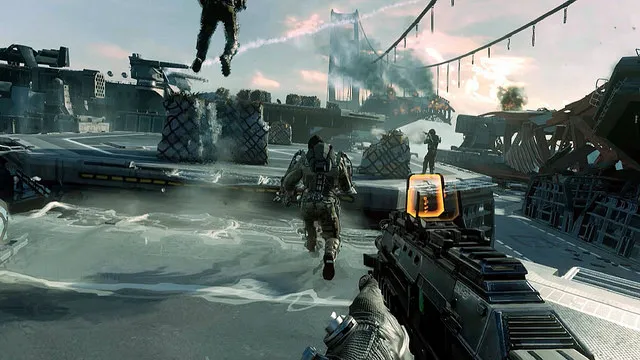
Source
But recent research has found no evidence to support the theory that video games are making people more violent. Video games don't prime people to behave certain ways, neither does the realism in violent video games necessarily increase aggression in players.
Previous experiments on the effects of violent video games influencing people with violent concepts and carrying them over into real life, has had mixed conclusions. This is part of the dominant model of learning where priming people with concepts can lead them into changing their behavior.
Reaction Time Experiment
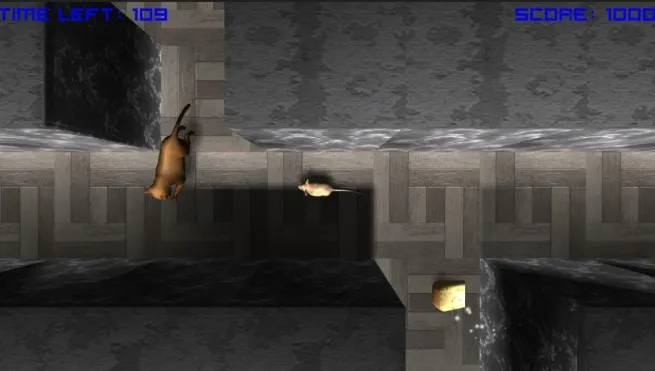
Source
One recent study had people play a game to test the reaction time. They had to avoid danger in one of two cases: either as a mouse avoiding being caught by a cat, or as a car avoiding collisions with other cars while driving. This was supposed to test how well someone was primed to recognize certain objects by immersing them in the concepts of the game.
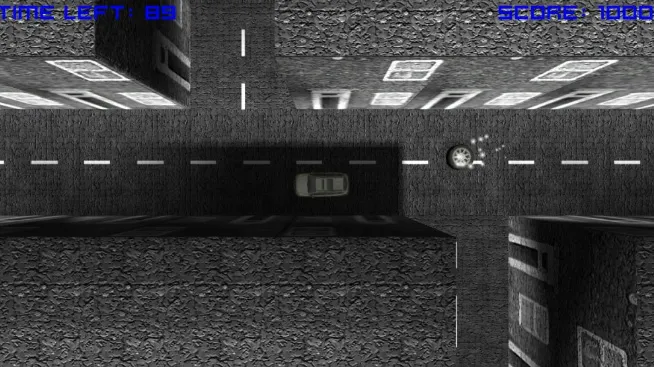
Source
Conclusion
Instead of everyone being better adapted at recognizing objects in the real world after they were primed with recognizing them, most reaction times were the same, and in some cases there was a negative priming effect where players were inhibited in their reactions to things that were related to the concept they were primed for.
Realism Experiment
Another related experiment was done to investigate the influence of aggression when playing realistic games. Past research suggested greater realism of violent concepts has a greater priming effect on players, leading to increased antisocial behavior in the real world.
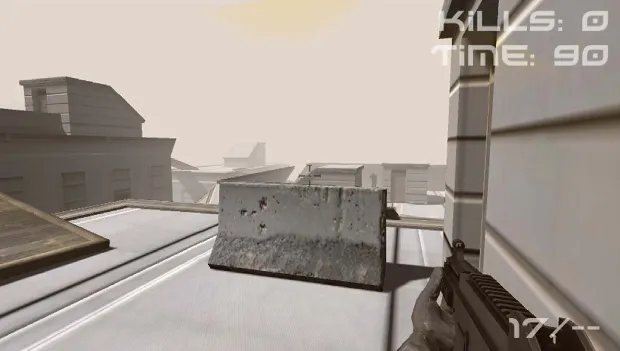
Source
A custom shooter game was built for the experiment that used ragdoll physics to mimic body movements as they happen in real life. A player assumed a character with an assault rifle on a rooftop, who was under continual attack by enemy soldiers. Each participant in the experiment killed as many enemies as possible with a 4 minute time limit. Another combat game was created, but this time it didn't have the realistic character behavior of ragdoll physics despite having the same real-world look.
Two more games were designed where enemy characters (called NPCs) used realistic soldier behaviors in one game, while soldier behavior in the other game was not realistic.
Participants are asked to complete word fragment completion tasks, which are word puzzles where only certain letters of a word are shown, hence fragmented. Participants had to fill in the missing letters to form words. The expectation was that realistic behavior in violent games would lead participants to complete more word associations that had aggressive meanings.
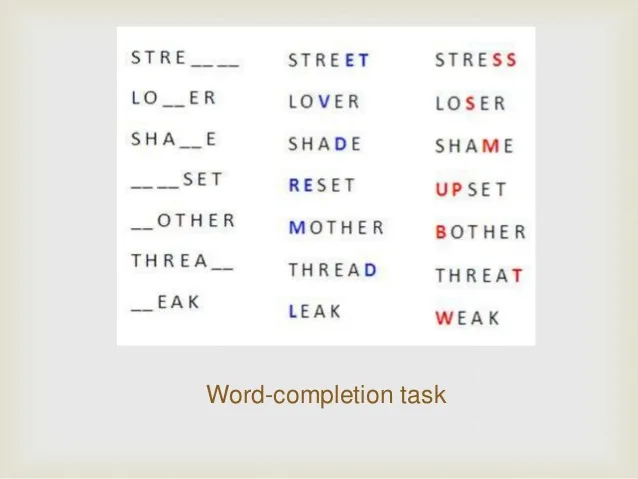
Source
Conclusion
Researchers found no detectable priming of filing concepts demonstrated through the word fragment completion task. There is no significant difference in priming players between games that use real or unreal soldier tactics, or between games that use ragdoll physics or not. Contrary to other findings in previous experiments, it appears there is no link between the kind of realism in games and the effect those games are thought to have on players.
Adults vs. Children
An important thing to consider about these recent studies is that they were all done to adults. More research is needed to understand if there is a different effect in children who play video games. Researchers plan to look at other aspects of realism in videogames, such as how people are influenced by by-standing characters, as well as more extreme content such as torture.
It could be that adults are less influenced by the priming effect compared to children. But I will say that I have played violent video games as a youth and adult, and am not violent or aggressive, at least not now. Maybe if I had a really bad or rough time as a teenager I would have been more easily influenced to do bad things that mirror video games? I don't know. I didn't turn into a "mass shooter" in real life though, which is what some people seem to think happens with violent video games as a way to explain events of teenagers doing "mass shootings".
What do you think? Have your say!
- Have you played violent video games and had your behavior negatively influenced by them?
- Do you think children are more easily influenced than adults?
- Do you still think violent video games influence behavior towards being more violent?
- Are teen shooters with troubled pasts being influenced by violent video games?
Thank you for your time and attention. Peace.
If you appreciate and value the content, please consider: Upvoting, Sharing or Reblogging below.
 me for more content to come!
me for more content to come!
My goal is to share knowledge, truth and moral understanding in order to help change the world for the better. If you appreciate and value what I do, please consider supporting me as a Steem Witness by voting for me at the bottom of the Witness page; or just click on the upvote button if I am in the top 50.
